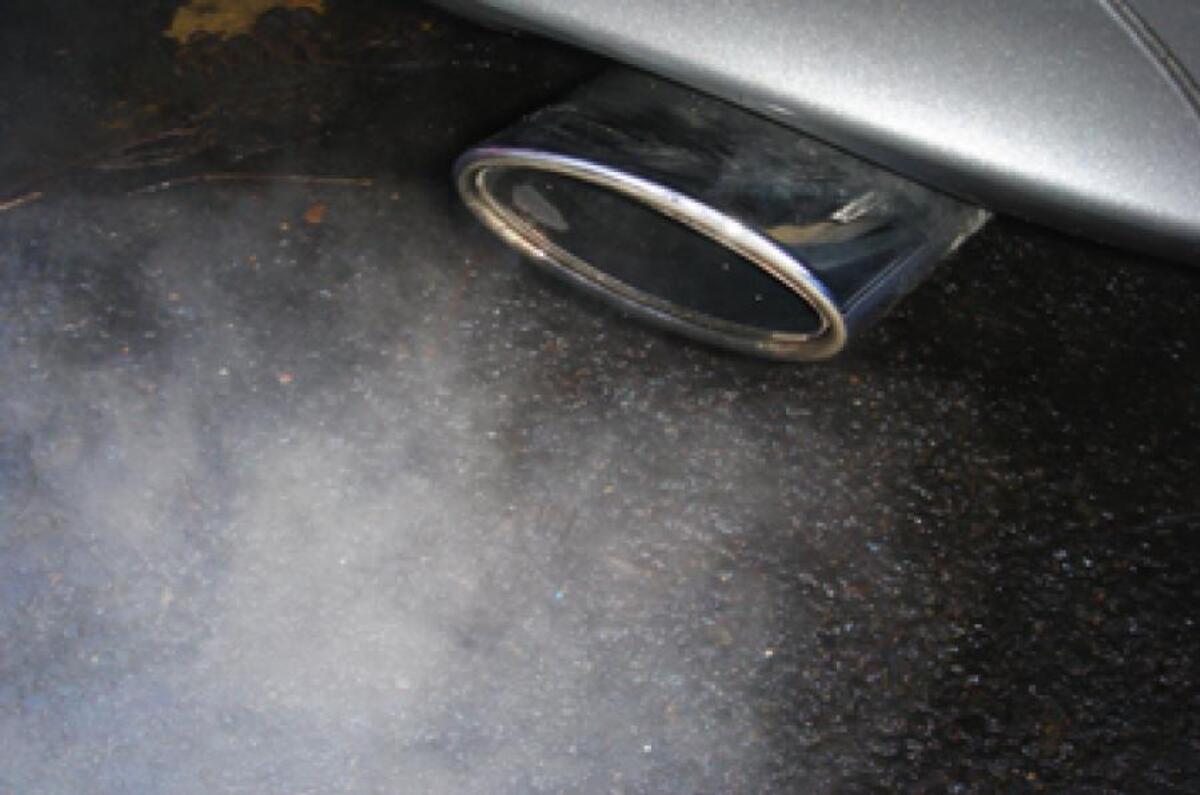There’s no denying it’s been a bad 24 hours for the car industry; first Mitsubishi admitted it had cheated in fuel tests in Japan, then the discrepancy between laboratory emissions testing and real-world emissions testing was highlighted by a new survey.
But before panic sets in and envelops the entire automotive industry, Volkswagen Dieselgate-style, let’s keep a sense of perspective on both. Right now, Mitsubishi’s scandal is contained to four models sold in the Japanese market. What it and its employees have done in cheating fuel economy tests is plainly outrageous, and it fully deserves the scorn being heaped on it. Questions must be asked - just as they are being asked at VW - as to how this could happen and who was responsible for it. Sanctions must be imposed.
To date, though, the extent of the cheat has been exposed as playing with tyre pressures - inarguably cheating, but perhaps not on the scale of developing software deliberately to cheat emissions tests and then implementing it across millions of cars sold worldwide. I’m not suggesting for a moment that everyone shrugs their shoulders and says ‘So what?’, but I do not believe that this latest blow to the image of the car industry should cause us to leap to the conclusion that all car makers are irrefutably morally bankrupt.
Likewise, the new real-world NOx league table. Intriguing though it is, and notable for giving Volkswagen the best news it has received in many a month with the leading performance of its Euro 6 diesels, in many ways it only highlights what we already knew: that real-world economy testing and laboratory testing results are too far apart.
Should we be surprised that manufacturers optimise their cars to perform in the obligatory laboratory tests by which they will be judged by legislators and consumers alike? Of course not, as long as they stay within the regulations. Should we be surprised that real-world tests, with all their inherent variables and difficulties of accurate data measurement, come up with different figures (and ones, it bears repeating, that are highly controversial among manufacturers, many of whom are questioning the measurement techniques involved)? Of course not.
What it highlights is that the current test regime is hopelessly out of date, and that the proposed Real Driving Emissions (RDE) and Worldwide Harmonized Light Duty Vehicles Test Procedure (WLTP) test processes can’t come soon enough. The industry deserves heavy criticism for the selfish delaying tactics employed in some quarters, but wilfully bashing it as corrupt when a better, more realistic testing regime is just around the corner hardly seems fair.
A bad 24 hours, then, but not (yet) as bad as the headlines might make you believe.




Join the debate
Add your comment
Apologia
This call for calmness from a "good friend" of the car industry in the face of major corporate collusion and amorality is not a good look. The industry is responsible for thwarting societies desire to live in a healthier environment. The fixation with speed and performance promoted by the “specialist press” have proven to be add-odds with this goal.
Re-setting expectations of what is reasonably possible in the trade-off between emissions and sufficient performance is vital to resolve this conundrum. What part do the press have to play? Surely something greater than apologists?
Apologia
This call for calmness from a "good friend" of the car industry in the face of major corporate collusion and amorality is not a good look. The industry is responsible for thwarting societies desire to live in a healthier environment. The fixation with speed and performance promoted by the “specialist press” have proven to be add-odds with this goal.
Re-setting expectations of what is reasonably possible in the trade-off between emissions and sufficient performance is vital to resolve this conundrum. What part do the press have to play? Surely something greater than apologists?
Apologia
This call for calmness from a "good friend" of the car industry in the face of major corporate collusion and amorality is not a good look. The industry is responsible for thwarting societies desire to live in a healthier environment. The fixation with speed and performance promoted by the “specialist press” have proven to be add-odds with this goal.
Re-setting expectations of what is reasonably possible in the trade-off between emissions and sufficient performance is vital to resolve this conundrum. What part do the press have to play? Surely something greater than apologists?